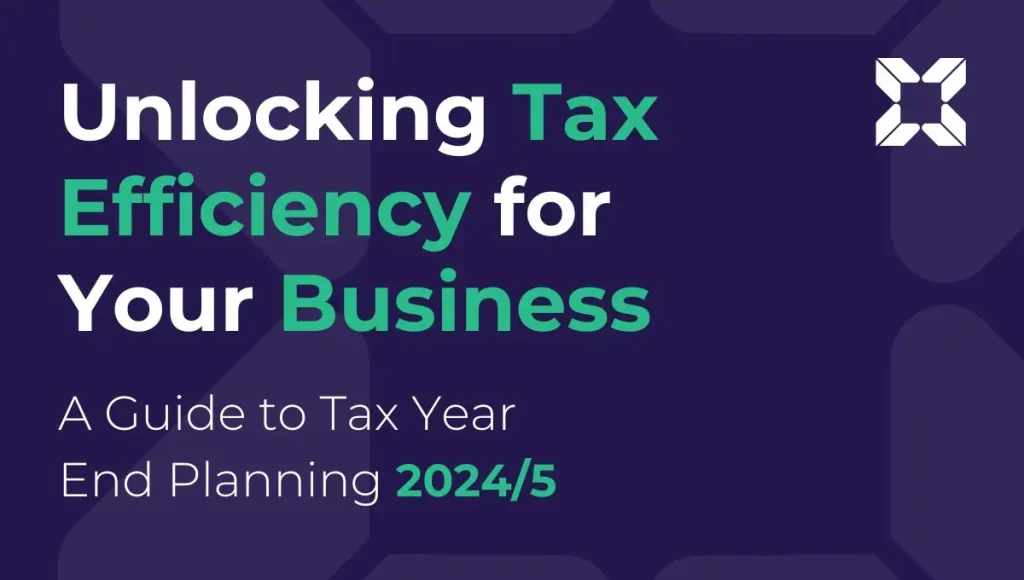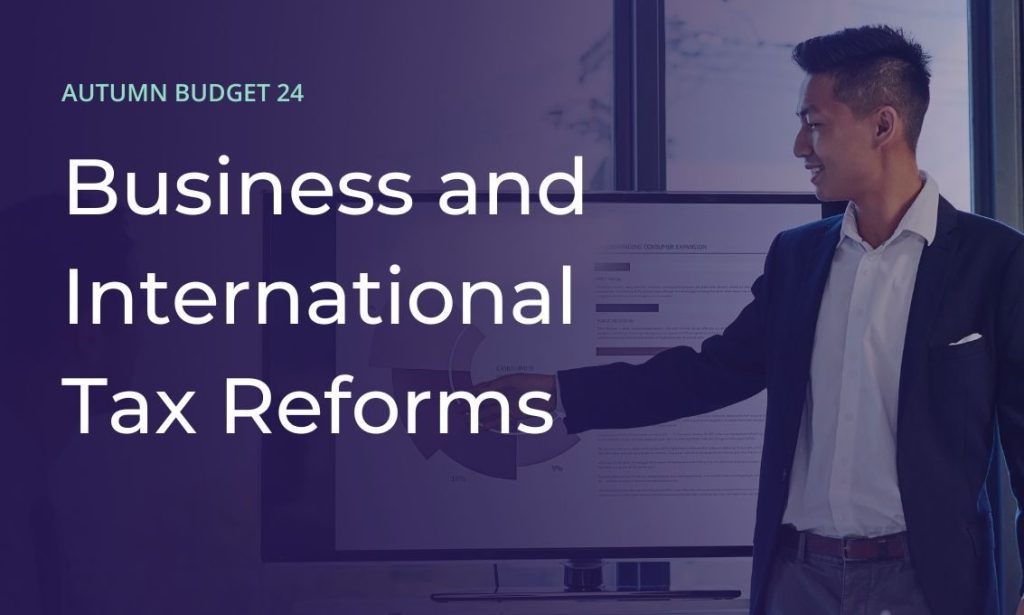Matt Barrow, Chartered Financial Planner explores the tax-efficient strategies to keep more of your hard-earned profits, helping you review key aspects of your business’s finances, and optimise tax planning.
Managing your corporation’s tax efficiently is more than just crunching numbers — it’s about making smart, proactive decisions. It’s an opportunity to optimise your finances by utilising all available allowances before 5 April 2025 tax year end.
The corporation tax landscape for 2024/25 hasn’t changed significantly, but staying informed is critical. Here’s the breakdown:
- 19% for companies with profits up to £50,000 (Small Profits Rate).
- 25% for companies with profits over £250,000 (Main Rate).
- Marginal relief applies for profits between £50,001 and £250,000, effectively tapering the tax rate between these thresholds.
If your business is part of a group or has associated companies, you’ll need to share the profit thresholds, which can affect your effective tax rate. We recommend keeping a close eye on profit forecasts and reviewing them regularly is a must.
Extracting profits effectively is one of the simplest ways to reduce your corporation’s tax liability. Here are some tax-efficient options:
Dividends
Dividends remain a popular and tax-efficient way to extract profits, but changes to the Dividend Allowance mean careful planning is vital. The Dividend Allowance has been reduced, so you’ll want to ensure your strategy aligns with your overall financial goals.
Salaries and bonuses
Paying yourself (or key team members) a salary or bonus isn’t just good for cash flow—it’s also deductible from your company’s taxable profits. By doing so, you may lower your overall corporation tax liability.
Pension contributions
Did you know that pension contributions made by your business are deductible and free of National Insurance contributions? They’re a fantastic way to build long-term savings while keeping your tax bill in check.
A quick tax-efficient review of your current profit extraction methods could reveal opportunities to save more.
Timing is everything: The power of strategic expenditure
Timing is key. Adjusting the timing of your expenses can help you optimise your tax position.
Capital investments
If your business is planning to invest in equipment or machinery, consider making those purchases before your year-end. Why? The Annual Investment Allowance (AIA) allows a 100% deduction on qualifying capital expenditures, giving your business an instant tax break.
Bonus payments
Aligning bonuses and other employee-related expenses with your financial year is another savvy move. This strategy can increase your allowable deductions and lower your taxable profits.
So, review your planned expenses for the year and see if shifting them forward or back could save you money.
Family tax efficiency: Keep it in the family
If your family plays a role in your business, it’s time to explore how their involvement can benefit your bottom line.
- Pay Salaries to Family Members
Paying a fair, commercially justified salary to family members can be an effective way to reduce your taxable profits while spreading income across lower tax bands.
- Allocate Shares for Dividends
Allocating shares to family members can help you take advantage of lower personal income tax rates on dividend income. Just ensure compliance with tax laws to avoid issues down the road.
A tax-efficient checklist for business owners
Tax planning doesn’t have to be overwhelming. Use this handy checklist to guide your tax-efficient review and planning efforts:
Review your profit forecasts
Make sure you know whether your company falls into the small profits rate, main rate, or marginal relief bracket. Adjust your strategy accordingly.
Optimise profit extraction
Evaluate the best ways to extract profits—whether through dividends, salaries, or pensions. Balance your current needs with long-term planning.
Plan capital expenditures
Are you taking full advantage of the AIA for capital investments? A strategic review of planned expenses could save you thousands.
Claim R&D tax credits
If your business engages in innovative activities, don’t leave money on the table. Research and Development (R&D) tax credits could significantly reduce your tax bill.
Explore family tax efficiency
Look at how family involvement in the business could optimise income distribution and reduce overall tax liability.
Take Action: Work with a tax adviser or schedule a tax-efficient review to ensure you’re maximising every available opportunity.
Start your tax-efficient journey today
Whether it’s managing corporation tax rates, extracting profits wisely, or exploring family tax efficiency, the key is to stay proactive. Tax rules may seem complex, but with the right planning, you can transform them into opportunities for savings.
Not sure where to start? Conduct a thorough tax-efficient review to identify the strategies that best suit your business. From profit extraction to capital investments, a few small changes can lead to significant benefits.
| Match me to an adviser | Our advisers |
THIS ARTICLE DOES NOT CONSTITUTE TAX OR LEGAL ADVICE AND SHOULD NOT BE RELIED UPON AS SUCH. TAX TREATMENT DEPENDS ON THE INDIVIDUAL CIRCUMSTANCES OF EACH CLIENT AND MAY BE SUBJECT TO CHANGE IN THE FUTURE. FOR GUIDANCE, SEEK PROFESSIONAL ADVICE.
A PENSION IS A LONG-TERM INVESTMENT NOT NORMALLY ACCESSIBLE UNTIL AGE 55 (57 FROM APRIL 2028 UNLESS THE PLAN HAS A PROTECTED PENSION AGE).
THE VALUE OF YOUR INVESTMENTS (AND ANY INCOME FROM THEM) CAN GO DOWN AS WELL AS UP, WHICH WOULD HAVE AN IMPACT ON THE LEVEL OF PENSION BENEFITS AVAILABLE.
YOUR PENSION INCOME COULD ALSO BE AFFECTED BY THE INTEREST RATES AT THE TIME YOU TAKE YOUR BENEFITS.





